This Post May Contain Affiliate Links
In compliance with the FTC guidelines, please assume that some of the links on these posts and sites are affiliate links (Amazon or others) from which I may earn a small compensation/commission from sales of certain items at no extra cost to you from qualifying purchases.
Anytime you see a link that looks like “astore.com, paid link, #ad, #CommissionsEarned or Amazon/Amazon.com/ca,”… it can be assumed that it is an affiliate link.
To learn more, follow the link below.
The Gibson Guitar Company
Before we get into the Slash Gibson Firebird Review, let’s look at the guitar company behind this instrument.
Gibson Brands Inc (formerly known as Gibson Guitar Corporation) manufactures guitars and other musical instruments based in Nashville, Tennessee.
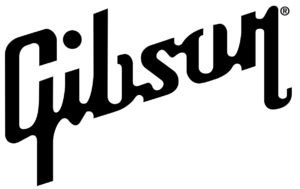
Gibson Guitar Company – Image Courtesy of commons.wikimedia.org
The founder Orville Gibson started making instruments in 1894 but founded the Gibson brand in 1902 as the Gibson Mandolin-Guitar Mfg. Co. Ltd.
The whole concept/design and construction of the carved arched tops for guitars used on violins were invented by the Gibson Mfg Company.
By 1930 Gibson made flattop acoustic guitars and one of the first commercially available hollow-body electric guitars.
Gibson is probably best known for its widely popular Les Paul, which was introduced as its first solid-body electric guitar in 1952 and is still the company’s most popular guitar to date.
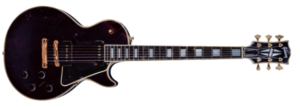
Gibson Les Paul Custom (1954-1957) Image courtesy of Wikimedia and licenced under Creative Commons
Despite the success of the Les Paul, Gibson was losing market share in the 1960s to the Fender Guitar Company. Fender’s colours, shapes and multiple pickup configurations were more popular and were endorsed by notable guitarists.
Gibson’s guitars, most of which were hollow or semi-hollow designs, seemed old-fashioned in comparison coupled with higher prices, all contributing to a decline in sales.
The Gibson Firebird Legacy
Introduction Of The “Reverse” Firebird Guitar
Despite their attempt to capture more of the guitar market by creating guitars with radical body shapes, such as the “Flying V and the Explorer,” they were still struggling with success.
The president at the time, Ted McCarty, hired a car designer, Ray Dietrich, to help design a guitar and capture more widespread appeal.
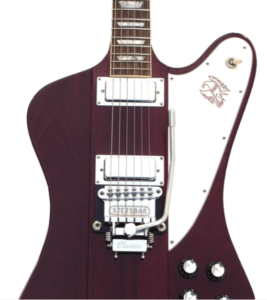
Image of a Gibson Firebird Guitar with Stetsbar, courtesy of Wikimedia & Creative Commons.
Concept and Design
By rounding off the aggressively angled edges of the Explorer, taking the lines of a mid 50’s vehicle tailfin, and giving the instrument a more extended scale, the original “Reverse body” Firebird designs were born.
The Firebird line went on sale in mid-1963 and was the first Gibson solid-body to use a “neck-through construction,” wherein the neck is extended fully to the tail end of the body.
Having 4 models in the Firebird line (“I,” “III,” “V,” and “VII”), these instruments could be distinguished by their pickup and tailpiece setups.
Other Features Include
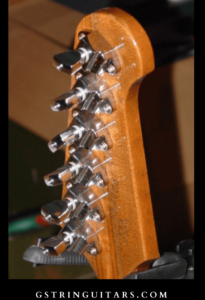
“Banjo” style tuning keys on a Firebird V
A reverse headstock with tuners on the treble side and “Banjo” style tuning keys. A configuration of the Gibson single, dual or triple original Firebird humbucking pickups. (Smaller versions of the standard humbuckers.)
The I and III models changed this pickup setup from 1965 to 1969. These guitars were shipped with two or three P-90 pickups and plain vibratos.
But again, after failing to achieve marketing success with the unusual Reverse-Body design, Gibson introduced “Non-Reverse” Firebirds in the same year span.
“Non-Reverse” Firebirds
Some of the changes made to the “Non-Reverse” body were more of a standard double-cutaway design, with the bass horn being longer than the treble horn (See the below image)
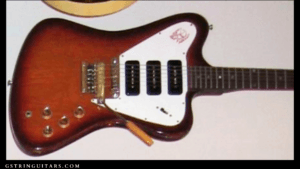
1965-1969 Non-Reverse Firebird III (Glue-in neck, Stop bar bridge/Short Vibrola) Image courtesy of Wikimedia.org and Creative Commons
The headstock has the tuners on the bass side instead of the treble.
The neck setup on these new Firebirds was a standard glued-in “Set” neck instead of a neck-through design.
And with the pickup configurations, the “Non-Reverse” Firebirds were set up like the earlier “Reverse” models.
Again…
After a few years of disappointing sales, the “Non-Reverse” line also was dropped.
Reverse Body Firebirds Reissued in 1972
Reverse-body Firebirds were again reissued in 1972 with a variety of finishes available.
The finishes included black, vintage white, natural, and traditional sunburst.
Gibson released a “Bicentennial” model in 1976, distinguished by gold hardware and a red-white-blue firebird logo on the white pickguard instead of the regular red logo on most other models.
The non-reverse Firebirds were also reintroduced in 2002 as a Custom Shop Guitar.
The Custom Shop is where the manufacturer researches and designs to create limited edition high-end quality instruments.
Notable Upgrades
In 2010, Gibson stated they would no longer create banjo tuners for the Firebird and not use the same pickup configuration initially introduced in 1963.
Also, the modern Firebird pickups would be upgraded from the original design to have more output, midrange, and less treble or “bite” than the original design.
Brand Champions
Guitar companies have always had their brand champions.
Fender has Yngwie Malmsteen, Washburn has Nuno Bettencourt etc.
One such artist for the Gibson brand is a man who needs no introductions and only goes by…
Slash

Slash performing in 2017 -Image courtesy of Raph_PH and Licensed under Wikimedia and Creative Commons Attribution 2.0
Slash is an English-American Musician, Performer, Songwriter and Producer.
He is best known for his work with the American hard rock group Guns N’ Roses, whose sound and attitude gave him worldwide exposure and success in the late ’80s and early ’90s.
Slash continued his work in 1993 with a side project (Slash’s Snakepit) and, after leaving Guns N’ Roses in 1996, co-founded the supergroup Velvet Revolver, which took him into the late 2000s.
Slash has released four solo albums: Slash (2010), Apocalyptic Love (2012), World on Fire (2014), featuring an array of guest musicians, and Living the Dream (2018), recorded with his band, Myles Kennedy and the Conspirators only to find himself returning to Guns N’ Roses in 2016.
Accomplishments
“Sweet Child of Mine” was named number 1 on Total Guitar’s “100 Greatest Riffs” in 2004.
“November Rain” was ranked number 6 on Guitar Worlds’ list of “100 Greatest Guitar Solos” in 2008.
Time magazine named him runner-up on their “10 best electric guitar players” list in 2009.
In 2010, Gibson Guitar Corporation ranked Slash as number 34 on their “Top 50 Guitarists of All Time“, while their readers landed him number 9 on Gibson’s “Top 25 Guitarists of All Time“.
Rolling Stone placed him 65 on their “100 Greatest Guitarists of all time” list in 2011.
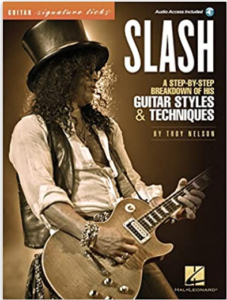
To Get A Copy Of Slash’s Step-by-Step Breakdown of His Guitar Styles & Techniques, Tap On the Image Here
And in 2012, he was inducted into the Rock and Roll Hall of Fame as a member of Guns N’ Roses’ classic lineup.
The Slash Gibson Firebird
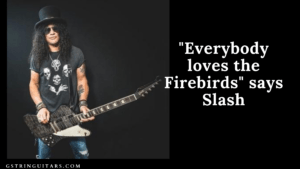
Image courtesy of gnrcentral.com
Even though when you think of Slash, you think of Les Pauls.
Slash decided to add the Gibson Firebird to his guitar arsenal for his Guns N’ Roses tour dates in 2016.
But not just any firebirds; his two new signature prototypes are Gibson Custom Model Firebirds.
“Everybody loves the Firebirds,” says Slash
When designing the new version of this Gibson battle-axe and to augment the new Firebird platform (The second of the Gibson/Slash collaborations for the company), Slash wanted many of the elements he has grown accustomed to in his beloved Les Pauls.
See more…
Notable Upgrades
- Guitars humbuckers (Two Seymour Duncan Slash APH humbuckers)
- Pickup spacing ( Like their LP equivalents)
- Same Wiring as the Les Pauls
- And a solid-figured maple cap. (For more product specs, read on)
As per Slash’s request, the Custom Shop gave these guitars a vintage hand-aged look and a thin nitrocellulose lacquer finish.
Each instrument features Slash’s custom specs throughout, as well as exclusive hot-stamped Slash pickguard artwork.
Gibson released this official limited run of the Slash signature model Firebirds in September 2017, making them available in Trans White and Trans Black, with an MSRP of $7,699 and $6,199.
With only 25 of each being made, these Slash Firebirds are instantly some of the most collectible artist models Gibson Custom has ever created.
Global Brand Ambassador
Announcing his appointment as its Global Brand Ambassador for the Gibson Guitar company in August of 2017, this was the company’s first-ever global brand ambassador.
Making the Artists’ new role responsible for directly developing new products.
“It’s an honour to be Gibson’s first Global Brand Ambassador.”
“I’ve been working with Gibson since the early days of my professional career and playing Gibson guitars since before that.”
“I’m proud of the creative relationship we’ve developed over the years.”
Slash.
The Guitar
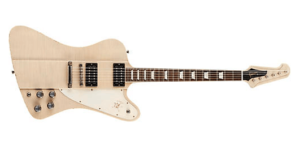
The New Gibson Slash Firebird -Image courtesy of musiciansfriend.com
Product Specs
Gibson Firebird Wood-Body
- Solid Figured Maple Cap for the top wood – similar to what you would find on a Les Paul, adding more brightness to the warmer tones of the Mahogany body. (See image)
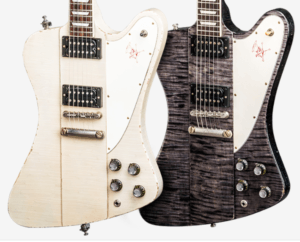
Similar to Les Paul, a Solid Maple Cap-Image courtesy of legacy.gibson.com
- Body wood – 3-Piece Solid Mahogany Body
- Body shape– Single cutaway
- Finish – Aged Nitrocellulose Lacquer
Neck
- Neck wood material—Solid Mahogany, Long Tenon
- Fingerboard Material—Solid Rosewood
- Neck Profile—Custom Slash-spec Medium “C”-Shape
- Scale Length—24.75″ (62.865cm)
- Fingerboard Radius—12″
- Neck Joint Construction – Neck-through with truss rod, the neck is joined to the body with the coveted long neck tenon, and this is the small piece of wood used to enter the dovetail between the neck and the body.
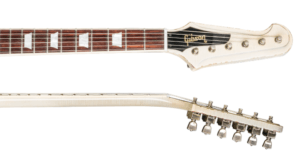
The Slash Firebird w/Neck Through Construction, Traditional headstock and Tuners-Image courtesy of legacy.gibson.com
- Number of Frets—22
- Frets size—Jumbo .100″ x 0.45″ Nickel-Silver (Historic medium jumbo)
- Nut Material—Nylon
- Nut Width—1.687″ (42.85mm)
- End of Board Width—2.240″ (56.89mm)
- Fretboard Inlays—Cellulose Trapezoid
- Neck finish – Gloss
Hardware
- Finish -Nickel
- Bridge-ABR-1 (design)
- Bridge type-Fixed
- Tailpiece-Lightweight Aluminum Stop Bar
- Tuning Machines-Firebird Banjo Tuners
- Pick Guard-Multi-ply White w/ Slash Artwork
- Control Knobs-Black Reflector
- Switch Tip-Black
- Jack Plate Cover-Black Multi-ply
Pickups
The regular Firebirds came with mini-humbuckers, but Seymour Duncan is going full metal using Slash’s signature humbuckers with this bird. (See image)
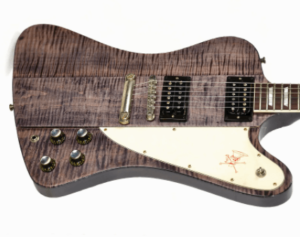
Slash Signature Seymor Duncan Humbuckers – Image courtesy of reverb.com
- Configuration – HH
- Neck Pickup—Seymour Duncan Slash Signature APH-1 (Passive)
- Bridge Pickup—Seymour Duncan Slash Signature APH-2 (Passive)
- Series or parallel – Series
- Piezo – No
- Active EQ – No
Controls and Electronics
The Slash Firebird has the same wiring for each pickup as a Les Paul on the Master Volume and Tone.
These APH-1/2 will clean up as you roll back on the volume but still respond as you would expect when you add gain, combined with a 3-way toggle switch, and you have an excellent combination of sounds.
- 2 500K CTS Volume Pots, 2 500K CTS Tone Pots
- Control layout – Volume 1, volume 2, tone 1, tone 2
- Switchcraft Pickup Toggle Switch-3-way
- Coil tap or split – No
- Kill switch – No
- Hand-wired harness with Bumblebee capacitors
Finishes
- Trans White (Signed/Aged)
- Trans Black (Aged)
Accessories
- Black Custom Firebird Hardshell Case with the Slash Logo
- Gibson Custom Shop Certificate of Authenticity
- Aged Strap Lock Set
Final Thoughts
My first exposure to Slash was when they came out with their “Sweet Child of Mine” video.
I grew up in that whole “Guitarist Center Band Era,” originating out of the Los Angeles music scene.
It was apparent that Guns N’ Roses would most likely be the last of the great stadium rock acts based on the direction of the rock scene at the time.
What I did not realize was that over the years, Slash would take his brand to an entirely new level, also moving his Joint Venture with Gibson and the release of an instrument that has the heart of the classic Firebird but the soul of the Les Paul on tour with Guns N Roses.
It looks like a great instrument to own, but with only a limited amount and such a hefty price tag, it will be tough to get behind one at this point.
But for us who did not get a chance, we can still look at the Epiphone models.
Also…
I am unsure if the “Aged” Nitrocellulose Lacquer Finish will be for everyone.
For some, that “Aged” look needs to come from an instrument that has grown with you over time, especially for the cost.
Should You Add This Guitar To Your Collection?
It depends on your budget and if you are a collector.
Did You Like This Article?
Check out my review of the Signature Zakk Wylde Les Paul
Also…
Leave your comments in the section below if you want me to review a favourite guitar.
As always, stay the course and keep playing.
Blog Banner Image of Slash courtesy of Pinterest and Polly VanHeesch
Guitar images courtesy of musiciansfriend.com and reverb.com
Image of Guitar Book On Slash’s Licks & Techniques courtesy of Amazon
Image of Seymour Duncan APH-2s Alnico II Pro Slash Set Humbucker Pickups courtesy of Amazon
Image of Slash CTA courtesy of Amazon
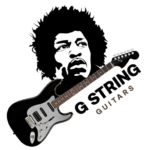
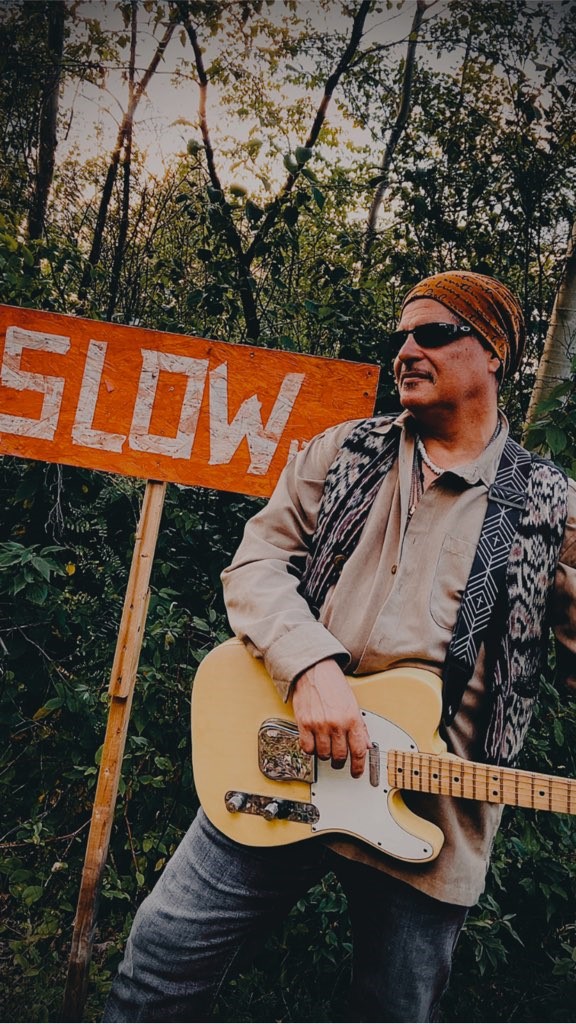
Starting A Journey At 7 Years Of Age, The Love For The Guitar Only Became Stronger Going Into My Teens. This Leading To An Exciting Time Of Teaching, Performing, And Recording. Join Me Now As We Can Bring The Love Of This Instrument To Other Musicians Globally.
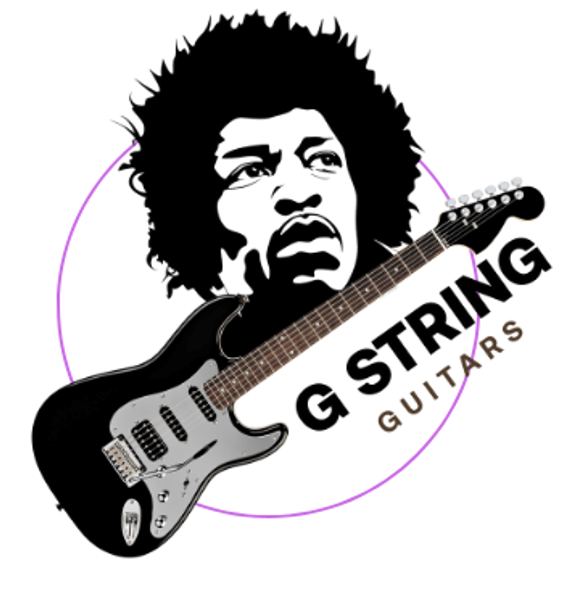
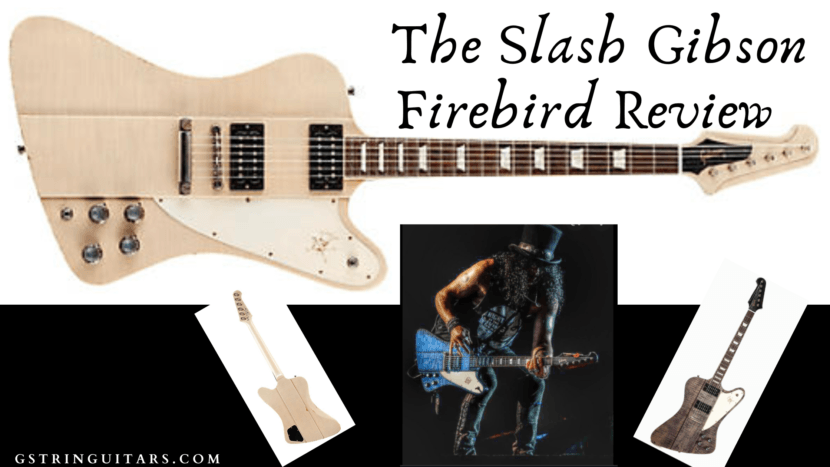
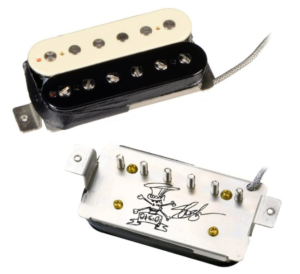
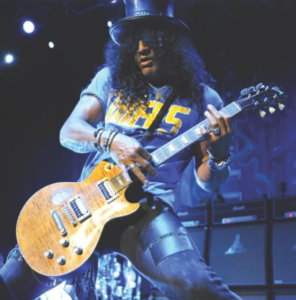
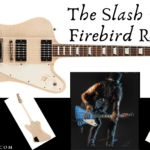
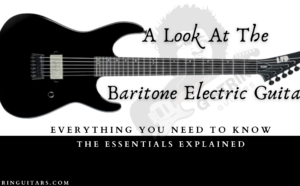
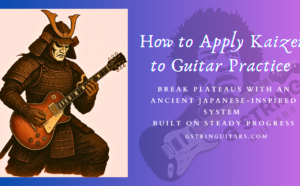
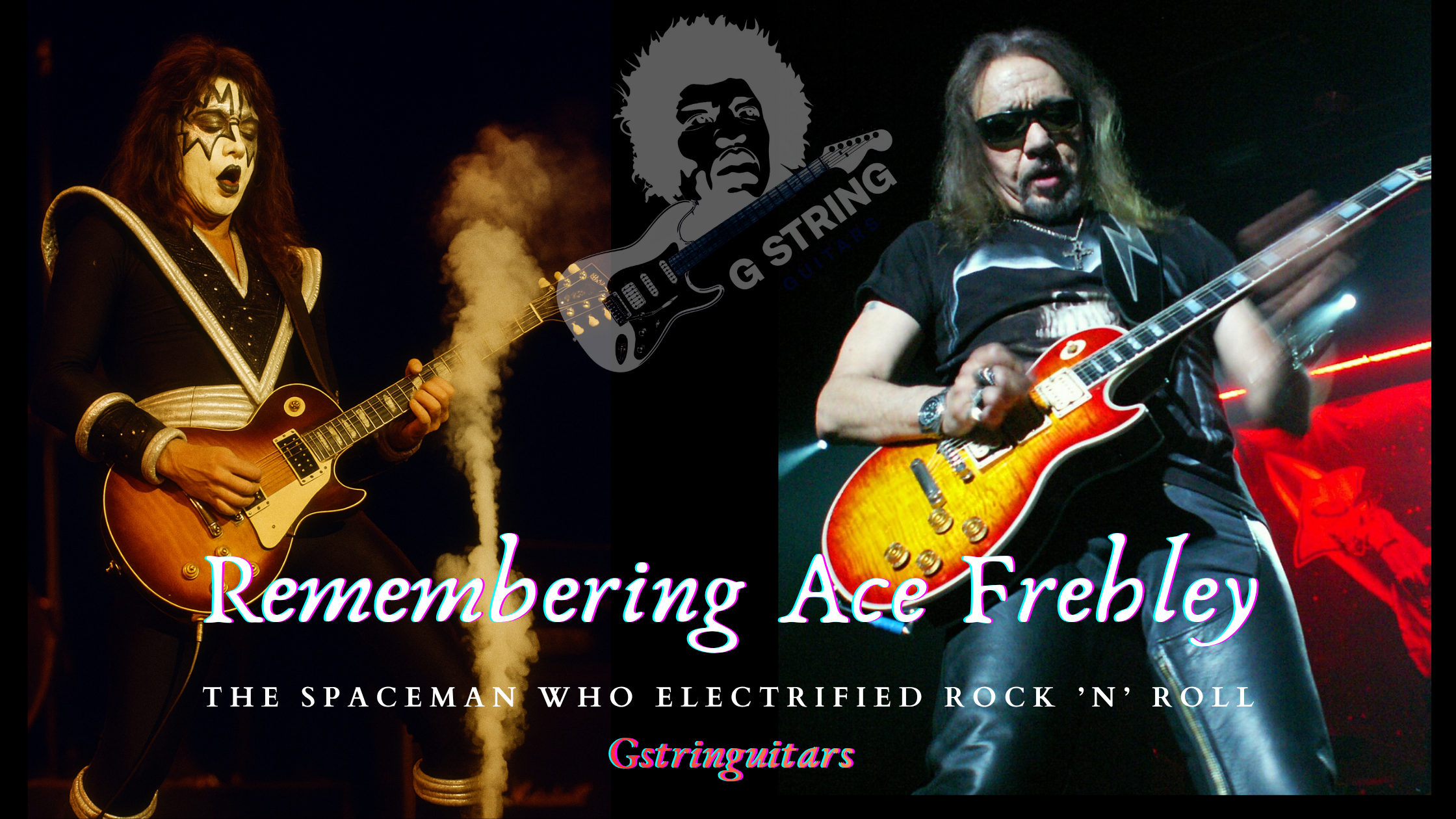
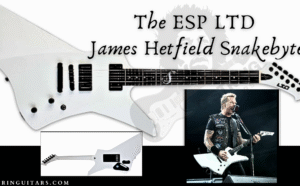
Yes, we had known Slash for years linked to the Les Pauls. But I personally have been a fan of Gibson guitars. And when I heard that the company and Slash were working together, I got excited. My dream combo is having a Marshall JCM 2555 Slash and a Slash Gibson Firebird to plug it into it!
Hello Paolo
Thank you for reaching out and sharing your thoughts.
I also have always considered Gibson, like you, one of the kings of the business.
Growing up, we had two camps, one was Fender the other Gibson.
I was on the Fender camp but have played many Gibson throughout the years. (Mostly Les Pauls)
And with the era of most artists getting their guitars, Slash pretty much has stood by his beloved Les Paul. (albeit with changes made but a Les Paul nevertheless.)
Seeing the Joint Venture relation between the two brands is quite exciting and like you would like to plug into the firebird and Marshall JCM 2555.